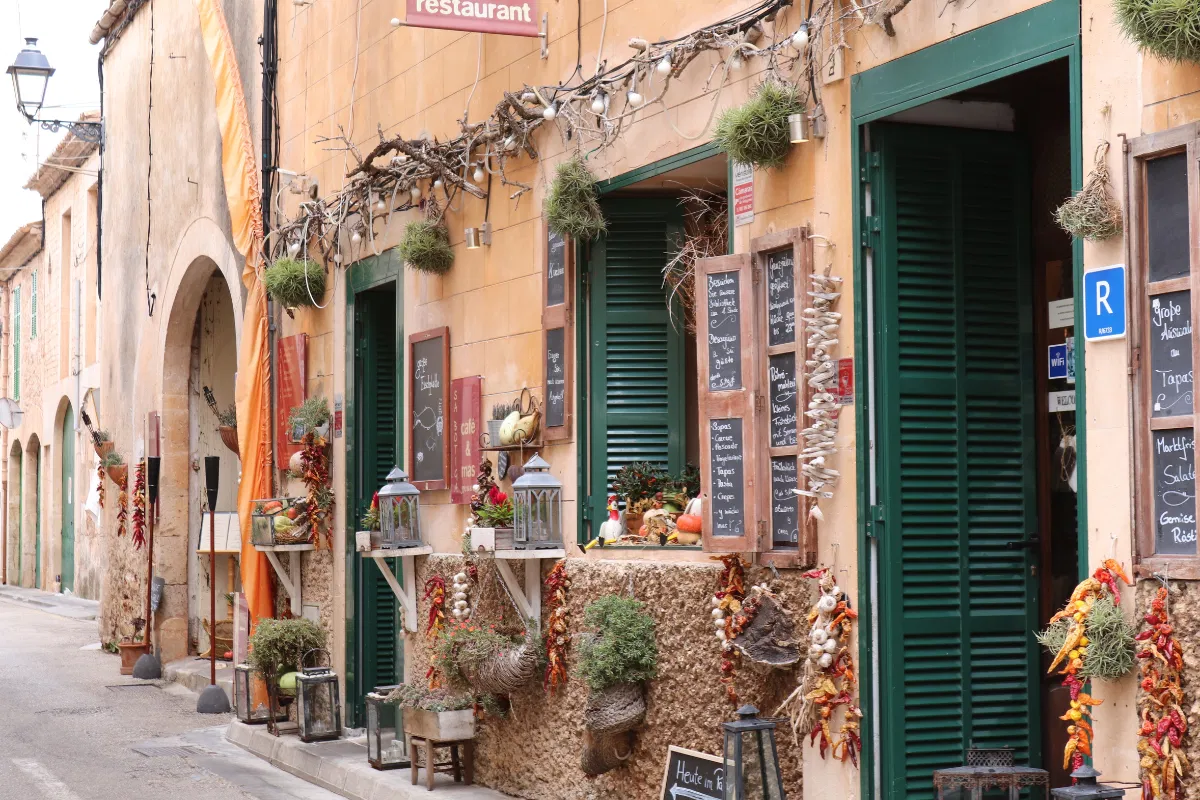By Tarek Salame
In Spain, sharing the bill feels like part of the fun. Whether it was tapas with friends or birthday dinner, the phrase ” a pagar a pachas” (to pay equally) comes naturally. But that tradition is being challenged, especially in busy tourist hotspots. Increasingly, restaurants from Malaga to Barcelona are now refusing to split bills at all. Some charge a fee per card, while others simply say no, it’s not personal, just a matter of policy.
What’s behind Spain’s new one-bill policy, ranging from staff burnout to accounting headaches, legal grey zones, and culture clashes with confused tourists?
Which places say no, and why
In places like Zaragoza, Málaga, and even parts of Barcelona, restaurant staff are setting stricter rules: one table, one bill, and no exceptions. Even family-run restaurants, tapas bars and even chains have adopted a version of the policy. In most cases, this means:
One payment per table — either by card or cash
No splitting across multiple cards or apps
And sometimes, a small fee (€1–€2) if you insist on dividing it
A restaurant owner in Zaragoza introduced the rule after wasting too much time handling eight to nine payment requests simultaneously. Especially during high seasons, those delays would accumulate quickly.
Even something as simple as ordering a coffee and a croissant can become a headache when three people ask for individual receipts. Card terminal errors or bank authorisation issues can follow, disrupting the flow of service.
This is more in terms of logistics, and smaller businesses state that they’re not built to manage complex group splits when the margins are already small and contactless terminals are charging per tap.
The legal angle around bills
So, is this even allowed? Yes, Spanish restaurants can legally refuse to split the bill as long as they make the policy clear before you order. That means it must be listed on the menu and signage, and staff must explain it.
According to Spain’s consumer Watchdog, FACUA, the main issue is transparency. If anyone forces a one-bill rule without warning, they can face risks of customer complaints, especially under Article 60 of the General Law for the Defence of Consumers and Users.
To communicate it in simple terms:
A fee to split is fine.
One bill per table is fine.
But springing it on diners after the meal isn’t.
Some restaurants take it a step further by adding the rule to their digital menus or QR codes. If they fail to say anything, they would leave visitors confused and caught off guard.
Most Spanish cafes use point-of-sale terminals that charge a transaction fee per card swipe, which typically ranges between €0.30 and €0.70. This may not sound like much, but when you multiply it across hundreds of small split bills, it would already eat those small margins.
To cover that, some now charge one to two units per additional card, not as a punishment but as a practical adjustment.
There’s also a risk of human error, especially when splitting the bill. Servers often have to enter totals manually, check the math on the fly, and even remember who ordered what, all while rushing between tables. A single mistake can spark a late service dispute or worse, a bad review.
It’s no surprise that restaurants in Spain now recommend new venues to display a clear no splits sign from day one. This will prevent miscommunication, protect the staff, and ensure the kitchen runs smoothly.
Tips for diners, avoiding surprises
So, what can you do if you are dining out with a group in Spain and would rather not end the night on an awkward who owes what standoff?
Then, begin by asking early, when the waiter brings you the menu or takes your order.
Look for signage, as many cafés and tapas bars now place a small printed note near the bar or card terminal.
If you’re with friends, agree on how you’ll pay before ordering. One person can cover the total, and the rest can repay them using Bizum — the mobile payment app nearly everyone in Spain uses. For international travellers, apps like Revolut, Splitwise, or even PayPal can help smooth out the bill.
Ultimately, the rule of thumb is simple: the more complicated the group, the more important it is to plan ahead. Spanish restaurants are usually relaxed about many things — time, noise, lingering — but when it comes to payment, they increasingly prefer quick, tidy exits.
And in the end, maybe the real question isn’t who pays what — but whether we’re still enjoying the meal by the time the bill arrives.
